One of the main challenges I hear from my clients who are in the market for a new role is, “I’m getting the interview but I’m not receiving any offers!”
This can be a very confusing and frustrating experience, especially since we can all agree that job hunting and interviewing can be stressful and time consuming. The good news is, if you’re getting interviews, organizations desire your professional experience. The challenging side is that you are likely competing with internal candidates, in addition to external candidates. Depending on how each candidate interviews, they can be perceived as having more experience, capable of transitioning into the role faster or a guaranteed culture fit, especially if they are internal employees.
What if you’re one of three final candidates and all three of you have similar experiences and equally impressive professional accomplishments? As a previous sales leader who has hired for various roles, I can confirm to you that if you start to implement the following tips into your interview process, you will stand out amongst competition, whether internal or external, and land the offer.
Tip #1. Include an executive summary.
An executive summary is a short document that highlights three key areas any employer across any industry and function wants to see you demonstrate: your leadership skills, your ability to “think on your feet” to create solutions and proven results. The executive summary is paired with your resume and provided to the recruiter and hiring committee before your phone screens and onsite interviews. Just like you bring printed copies of your resume to your onsite interviews, you’ll bring your executive summary as well. You can count on some of the questions you receive to be influenced by the examples you’ve provided on your executive summary which organically helps you prepare clear and concise responses. Most individuals are unfamiliar with executive summaries so you can count on being the only one providing your interview panel with one. Executive summaries establishes your confidence though showcasing your greatest professional achievements, helps you stand out amongst your competition and demonstrates a level of preparation that your interview panel will appreciate.
Tip #2. Ask strategic questions.
One thing that always blew my mind when interviewing candidates was when they either didn’t have any questions for me or if they asked generic questions like “what’s the hardest part about the position?” Whether you’re talking to the recruiter for an initial phone screen or the interview panel on site, you should have 5-7 questions prepared that you can ask the various people you will be conversing with. The questions should be a mix pertaining to the organization, the team and the role itself. Reading up on the organization on the company’s LinkedIn page or website and understanding their current business objectives, new products, philanthropic partners, etc and framing questions around your research conveys an interest in the company and not just the role itself. Asking questions around team culture, areas of focus for the quarter and how your prospective manager qualifies success from their direct reports conveys you’re thinking bigger picture and not just about getting the job.
Tip #3. Research your interview panel.
Before you talk to the recruiter or your interview panel, look them up on LinkedIn to learn more about them. Make a few mental points that stood out about them including the school they went to, their volunteer experiences or something they said in their “about me” section of their profile. Ask them about one of these areas in your conversation with them. In case you’re wondering, no, you won’t sound like a stalker. Something as simple as, “Diana, I noticed on your LinkedIn profile that you studied abroad in Barcelona! I studied in Madrid. How was your experience in Spain?” will go a long way. Creating opportunities to connect outside of the professional dialogue will give your interview panel the ability to relate to you personally and warm up the conversation. Interviews can be tense and nerve wracking but showcasing your interpersonal skills through a little research will help your relationship building qualities shine.
***Bonus tip. Send a hand-written thank you card.
Gratitude and thoughtful but small gestures like sending hand-written thank you cards leaves a lasting impression. Personalize a card for each person that interviewed you, thanking them for their time and pointing out something that stood out in your conversation with them specifically. While thank you emails or LinkedIn InMail messages also work for communicating gratitude, a hand written thank you card will make you more memorable given these gestures are hardly practiced.
Forward thinking hiring committees are looking for well-rounded individuals who own their narrative, will have longevity, build strong relationships and are invested in the company. Most people can learn a job but companies cannot teach relational skills, thinking on your feet and leading with gratitude. If you can showcase these important areas in addition to demonstrating your direct experience and skills for the job you’re interviewing for, you’re sure to receive the offer over other candidates.

